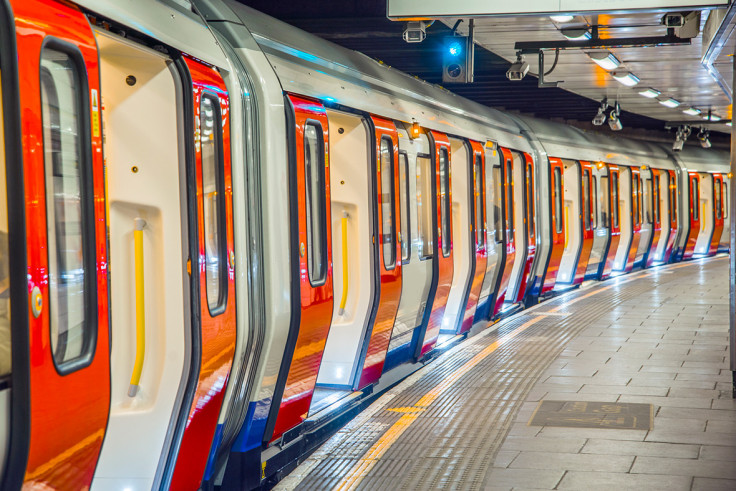TfL to track London Underground users via their mobile phones
TfL will use MAC addresses to learn how passengers move around its network.

Transport for London (TfL) has announced a four-week-long trial whereby it will track users of the London Underground by seeing when their smartphones try to connect to the Wi-Fi network, in order to learn more about how and when people take trains and the routes they use when interchanging on the network.
The trial, which will start on Monday 21 November, will see TfL collect the automatic Wi-Fi connection requests that smartphones routinely make to join the Wi-Fi network as they pass through stations. Whenever a connection request is sent from a smartphone to a nearby router on the Wi-Fi network, it displays the device's unique identifying Media Access Control (MAC) address.
By tracking when the same MAC address pops up across the Wi-Fi network, TfL can then track the user's travel habits, and the transport body promises that all data recorded is "automatically depersonalised", so only anonymous data is sent to its servers to be processed and analysed.
"This short trial will help us understand whether Wi-Fi connection data could help us plan and operate our transport network more effectively for customers," said TfL's chief technology officer, Shashi Verma. "Historically, if we wanted to know how people travelled we would have to rely on paper surveys and manual counting, which is expensive, time consuming and limited in detail and reliability."
"We hope the results of this trial will enable us to provide customers with even better information for journey planning and avoiding congestion."
According to The Register, a few months ago TfL carried out a similar pilot study that only lasted for 48 hours in order to figure out whether tracking device MAC addresses on Wi-Fi would enable it to learn about users' journey patterns and key areas of congestion on the network.
At the time, Virgin Media, which runs the Wi-Fi network, made it clear that it does not record any data about how customers use the Wi-Fi network or what they access, and it doesn't track any individual devices that connect to the network as users pass through stations to their destinations.
If a device has Wi-Fi enabled it is programmed by default to repeatedly search for a Wi-Fi network to connect to, and will repeatedly send out silent connection requests to any network it detects.
For this reason users are often advised to turn their Wi-Fi off if they're not using it in order to preserve their smartphone batteries, as well as to avoid connecting to malicious Wi-Fi hotspots operated by cybercriminals.
TfL has been up front about why and what it intends to track, as well as the fact that no data on any specific individual's travel habits can be accessed since the data is anonymised and sent in bulk to be processed. However, if you have concerns about their actions, simply switch off your Wi-Fi.
© Copyright IBTimes 2025. All rights reserved.






















